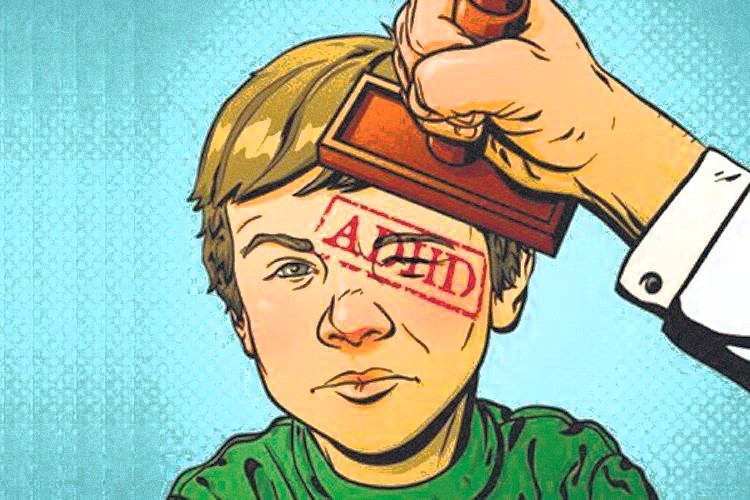The role of socioeconomic status on your diagnosis
There is a wryly serious Anne Enright quote about pregnancy in her book of essays, Making Babies. In it, Enright takes into account all the ways a woman could harm or help her unborn child while pregnant. She refers to the rule-makers as “the womb police.” Ultimately, though, she gets to the root cause and predictor of a person’s lifetime of good or bad health. She says that the people who claim to know what’s best for fetal development would be better off standing in the outpatient rooms of hospitals and shout, “Stop being poor!” Because, says Enright, “poverty is what damages the developing fetus more than anything else.”
It’s a sobering jab at the current state of healthcare–both mental and physical. And the “don’t be poor” directive is borne out time and time again.
We recently found an article that suggests that poverty also insidiously informs a child’s diagnosis: If he’s middle to upper class, he clearly has an autism spectrum disorder. If he’s poor, it’s ADHD. And why might that be?
This ADHD awareness month, we’re looking at the nuances of this diagnosis. ADHD has a stigma attached to it that’s different from autism. The autistic child may be a “trapped genius,” after all–a piano virtuoso or a chess grandmaster. The ADHD child is seen as simply a nuisance who can’t control his behavior.
Of course we know these things are not true, but, as with so many other issues of class, the wealthy get a more sanitized, easier-to-swallow, and somehow more socially acceptable verdict. The poor get blamed and a feeling of “this is your fault.”
The best resource we’ve found on the question of ADHD vs autism is here. It’s a straightforward chart that’s devoid of classist assumptions or judgements.
While this is certainly an issue for children’s diagnosis, we have to wonder if socioeconomic status plays a role in the diagnosis and treatment of mental health. Surely, implicit bias would have us believe that is does. That homeless person out on the corner, yelling at no one? Well, she must be crazy. But the executive who has a breakdown in the boardroom? He’s overworked, overtired, and needs a month off to rest.
We are honored to work with groups who, every day, help break down barriers. Access to care isn’t perfect, but it’s getting better. There are more degrees to a diagnosis, more factors that we consider beyond rich or poor. Every day, the tactics we use to help those struggling with behavioral health or addiction issues gets tuned a bit more finely. We have a ways to go, but we are getting there, and Sigmund Software is proud to be your partner on this journey.


